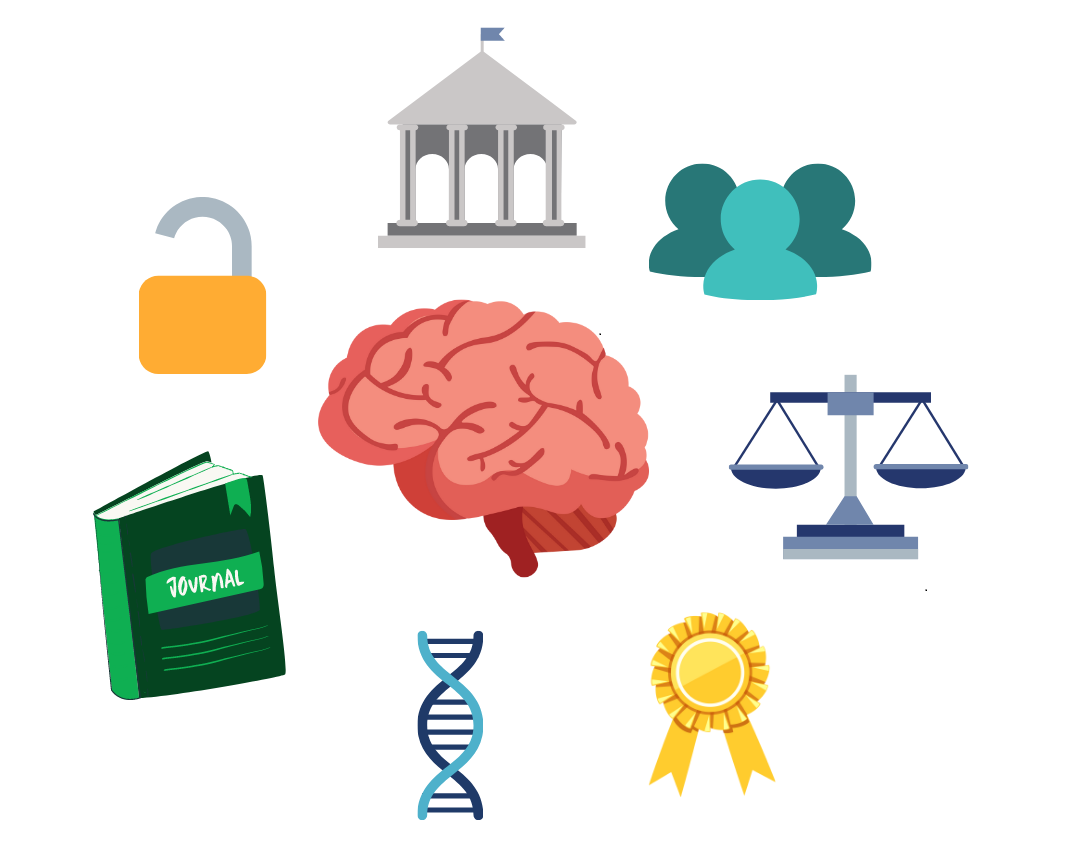The BNA is working to make neuroscientists’ professional environment one enables world-class neuroscience research to happen, and where the incentives and drivers reward the best neuroscience. We believe more needs to be done to tackle issues such as publication bias, the criteria for promotions, cultural expectations, and the attention given to some types of research over others, both in terms of scientific promotions and awards, and in wider society.
Supporting careers
We're making the case for additional support for UK neuroscience so that researchers have confidence that the UK continues to offer opportunities and support for neuroscience research. Covid-19 has impacted researchers across the UK, with around a third of neuroscientists indicating in 2020 that they were considering leaving neuroscience research. We've raised concerns with research funders, research bodies and with government about the need to reassure neuroscientists through additional support.
Ensuring a fairer system for research assessment
 We believe there needs to be a change to how research is assessed, so that research moves away from the ‘publish or perish’ culture and incentivises researchers to make their work as credible as possible. The BNA is a supporter of the Hong Kong Principles, which in addition to valuing responsible research practices, full and open reporting, and efforts to ensure reproducibility, highlights a need to better recognise contributions that are often overlooked in the current system - such as mentoring and peer review.
We believe there needs to be a change to how research is assessed, so that research moves away from the ‘publish or perish’ culture and incentivises researchers to make their work as credible as possible. The BNA is a supporter of the Hong Kong Principles, which in addition to valuing responsible research practices, full and open reporting, and efforts to ensure reproducibility, highlights a need to better recognise contributions that are often overlooked in the current system - such as mentoring and peer review.
Supporting a proportionate regulatory system
The UK has clear regulations that ensure research using animals is held to the highest standards. The BNA supports its members in their use of humane and appropriate animal research for scientific and medical progress when no alternative is available. We also strongly endorse the principles of the 3Rs to replace, reduce and refine where possible. We believe that research on animals is necessary to gain a fundamental understanding of the nervous system, and for the discovery and development of new products for the diagnosis and treatment of neurological and psychiatric disorders.
We need regulatory bodies that are engaged with neuroscientists right from early stages of discovery, so that innovations can be meaningfully assessed with relevant measures and made available to patients without delays. For example, neurotechnology innovators, particular those working on medical applications, face a complex regulatory landscape in the UK that is a barrier to translation, which could benefit from creation of a test bed to support researchers.1
Read the BNA's response to the Future Research Assessment Programme
Read the BNA's policy on animal research
1. Knowledge Transfer Network. A transformative roadmap for neurotechnology in the UK; 2021








 We believe there needs to be a change to how research is assessed, so that research moves away from the ‘publish or perish’ culture and incentivises researchers to make their work as credible as possible. The BNA is a supporter of the
We believe there needs to be a change to how research is assessed, so that research moves away from the ‘publish or perish’ culture and incentivises researchers to make their work as credible as possible. The BNA is a supporter of the